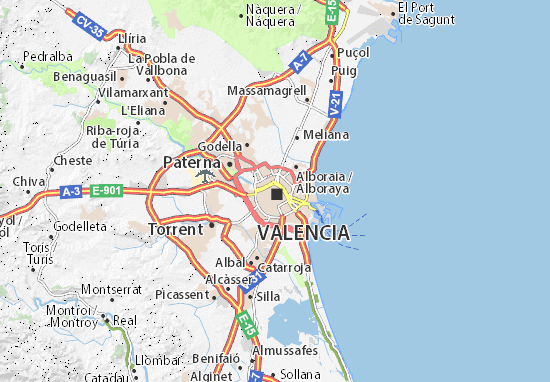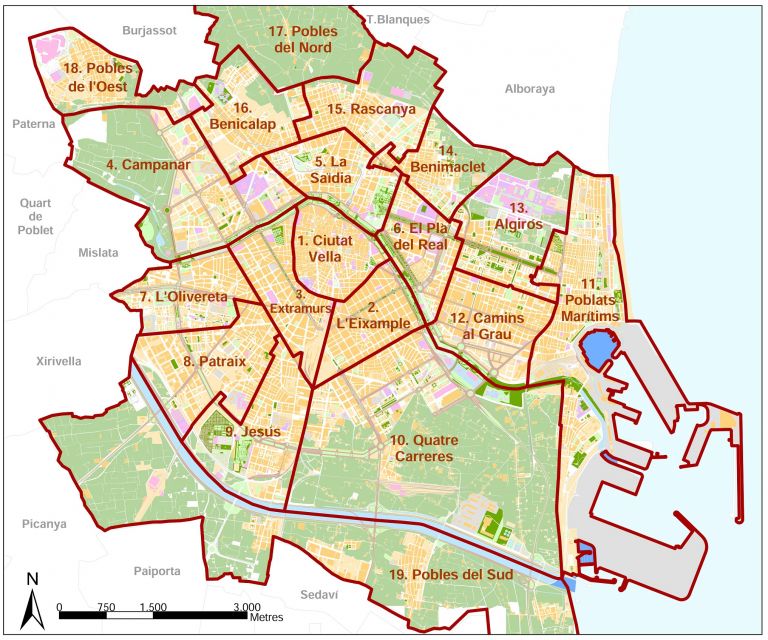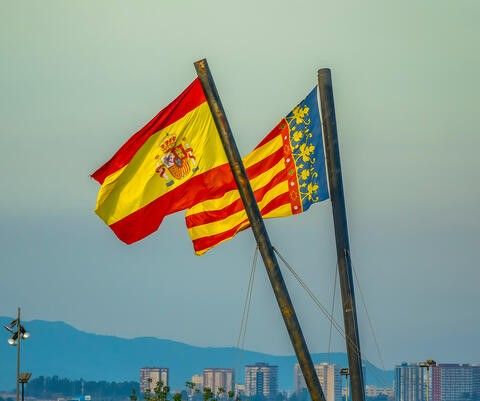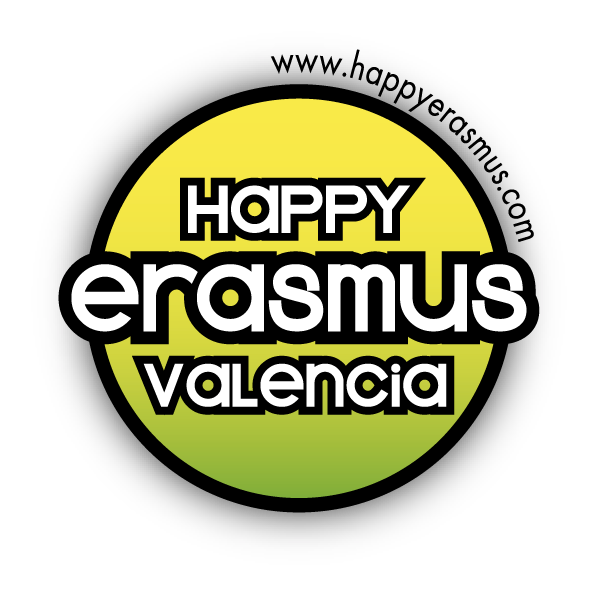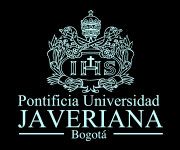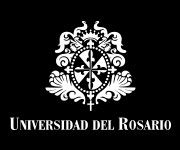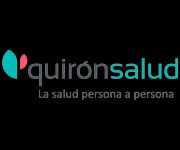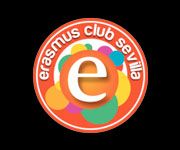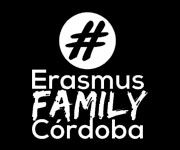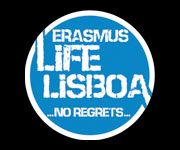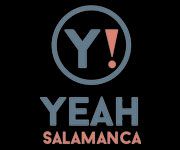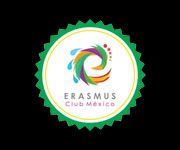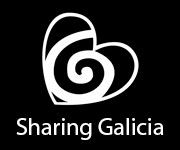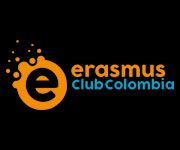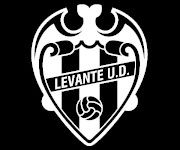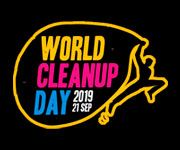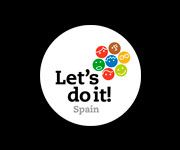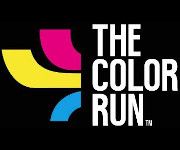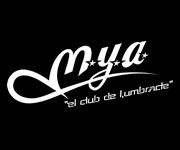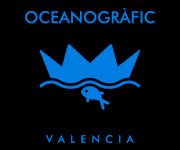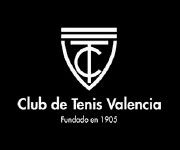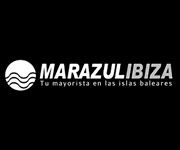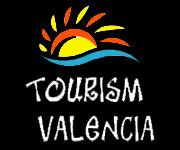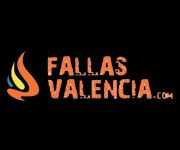Useful information for Erasmus students in Valencia
Local time : Central Europe (GMT+1)
Area : 134,65 km²
Population : 838,000 habitants
Local time : Central Europe (GMT+1)
Area : 134,65 km²
Population : 838,000 habitants
Language: In the Community of Valencia there are two official languages - Spanish and Valencian. The Valencian language has a latin origin and is spoken by 2 million people. For this reason in the administrative sector you will always find documents with the text written in both languages. Many streets in Valencia have their name written in Valencian and this is the same for Google maps. This is why it is sometimes difficult to find some streets on maps because they have never been known in that language. For example in Spanish the word 'calle' is used, but in Valencian this becomes 'carrer'. If you can't find Calle Ramon Llull then look for Carrer Ramon Llull. In the universities the classes are also taught in both languages, so be careful when signing up that you don't confuse the two. Although there are two official languages, almost everbody speaks Spanish. There are Valencian radio stations and television channels. However you will not feel uncomfortable at any point not knowing the local language. The people here are completely bilingual and there are many families who speak only Valencian at home but at work or with friends they speak Spanish. Foreigners and immigrants don't usually learn Valencian because you can live here without needing to speak it unless you want to be part of an administrative body, a teacher, police officer or part of the fire brigade.
Communication: Spanish area code +34
Currency: Given that Spain is part of the European union the currency is euros.
Exchanging money: When you arrive to Valencia there is a few money exchange offices. Spanish banks do not offer this service if you are not a client.
Bank account: Opening a bank account as a foreigner is quite difficult. The majority of banks require lots of forms such as NIE (Foreigners identification number) which is not easy to acquire and a registration of your residency in Valencia. But there are other banks on the university campus that allow students to open accounts without the NIE. Even this process usually requires a lot of paperwork but these temporary accounts don't have maintenance fees or withdrawl charges on the same network. Find a bank on your campus.
Lost or stolen cards:
- AmericanExpress: (+34) 900 814 500
- Mastercard: (+34) 900 97 12 31
- Servired: (+34) 902 19 21 00
- Visa: (+34) 900 99 11 24
Emergency numbers:
- general emergency (police, fire services and ambulances): 112
- national police: 091
- local police: 092
- civil guard: 062
- fire services: 080
- sea rescue: 963 679 204 / 963 679 302 (emergencias: 900 202 202)
Tips: In Valencia, like in Spain, generally they don't leave tips and if they do it's no more that 10% of the bill. Although it all depends on the restaurant and the level of service received. In bars and clubs it's not conventional to give a tip. However if you are satisfied with the service it never hurts to leave something.
Pharmacies: To find your nearest pharmacy on call you can call (+34) 900 500 952. In Valencia there are two pharmacies on call 24/7 near to the student area - one on the corner of Avenida del Puerto and Calle Dr. Manuel Candela and the other on the corner of Avenida del Puerto and Avenida Cardenal Benlloch.
Alcohol and tobacco: In Spain there are lots of smokers although in recent years the consumption of tobacco has decreased given that young people don't smoke as much any more. It's interesting because this trend is not due to the increased proce of tobacco with the financial crisis and the constant lack of money (a pack of Marlboro costs almost 5€) but simply because it is no longer fashionable! Nowadays young people go to the gym, and they care about their health. Smoking is not modern. If you are a smoker then in this country you will feel at ease because people here are very tolerant and you can smoke in the streetsm on terraces, and in your house. It's prohibited to smoke in clubs, bars, restaurants, universities, offices, and inside any building. In clubs there is usually a smoking area or the option to go outside but in this case you usually have to pay a couple of euros to be able to get back in.
As you already know, the Spanish and Brazilians are always competing for first position in being known as the happiest and most party-loving country in the world. So it comes as no surprise that here people drink large quantities of alcohol. For example, having a glass of wine or a beer during lunchtime is completely normal. But in any case this doesn't mean that people get drunk in the day, it's just our way of life, relaxing, you won't see people in the street on the floor because they've had too much to drink. In Spain you can drink alcohol when you are 18 or over. You can drink in restaurants and at home. Drinking in the street or on the beach is against the law.
.
